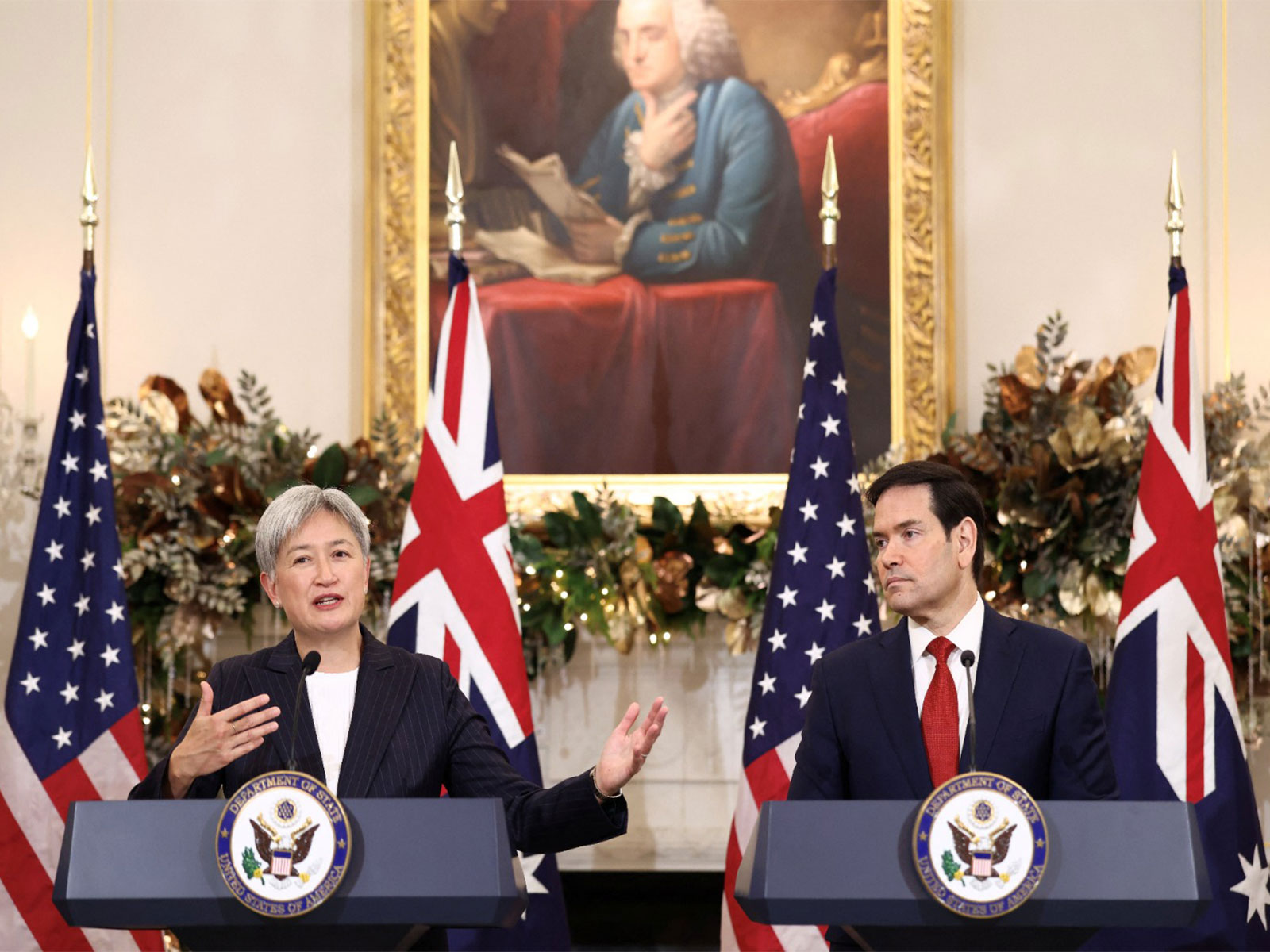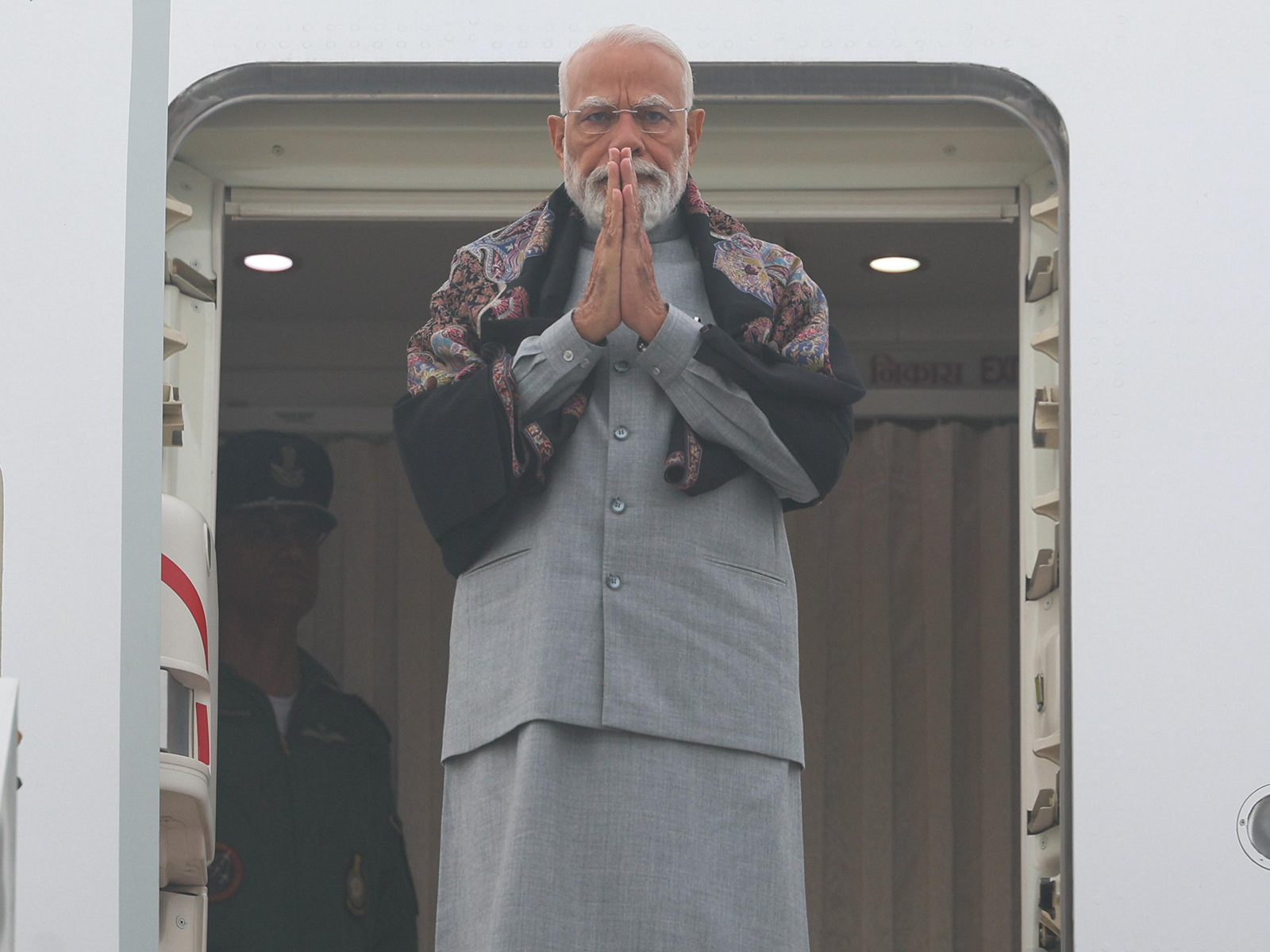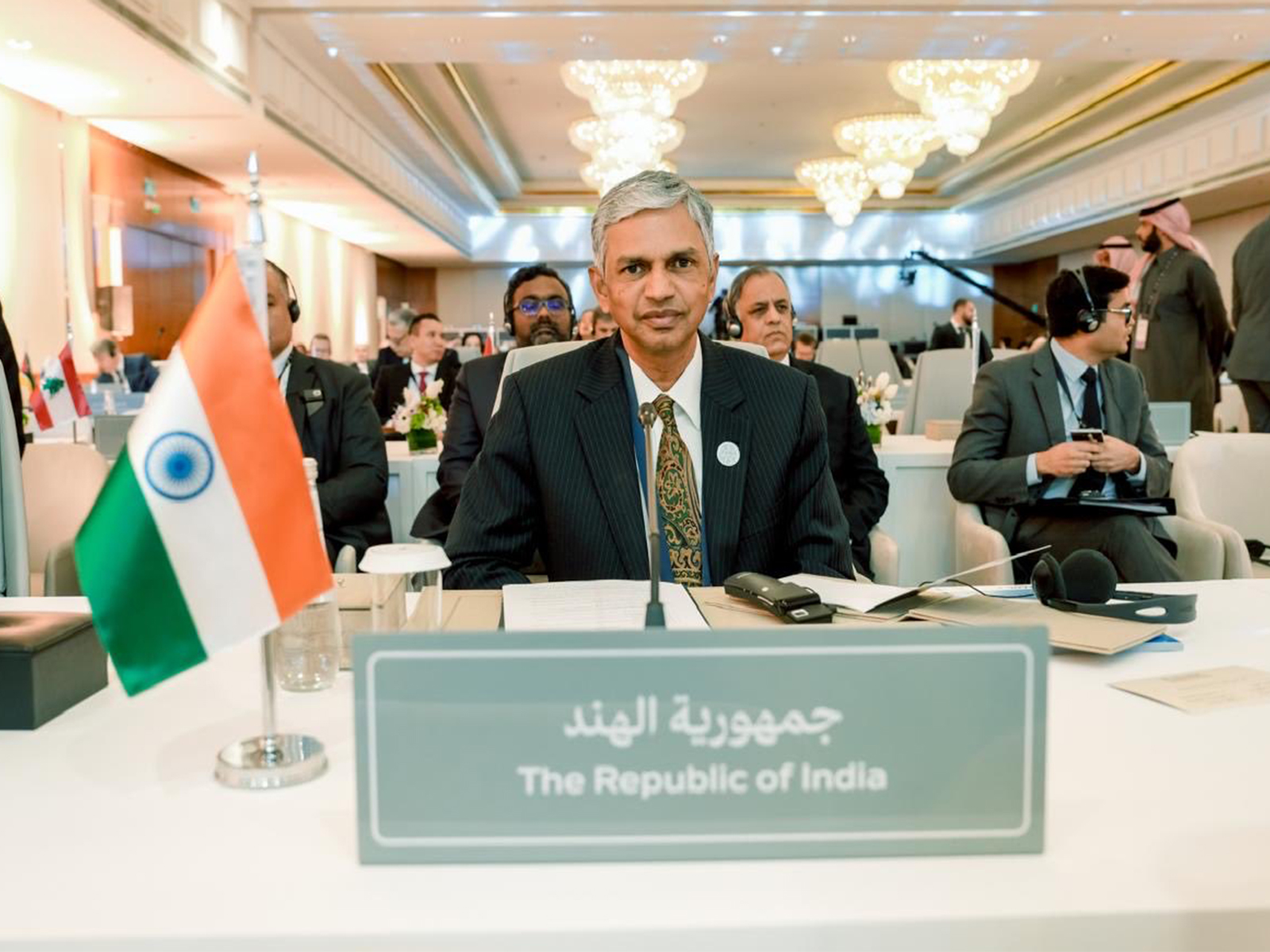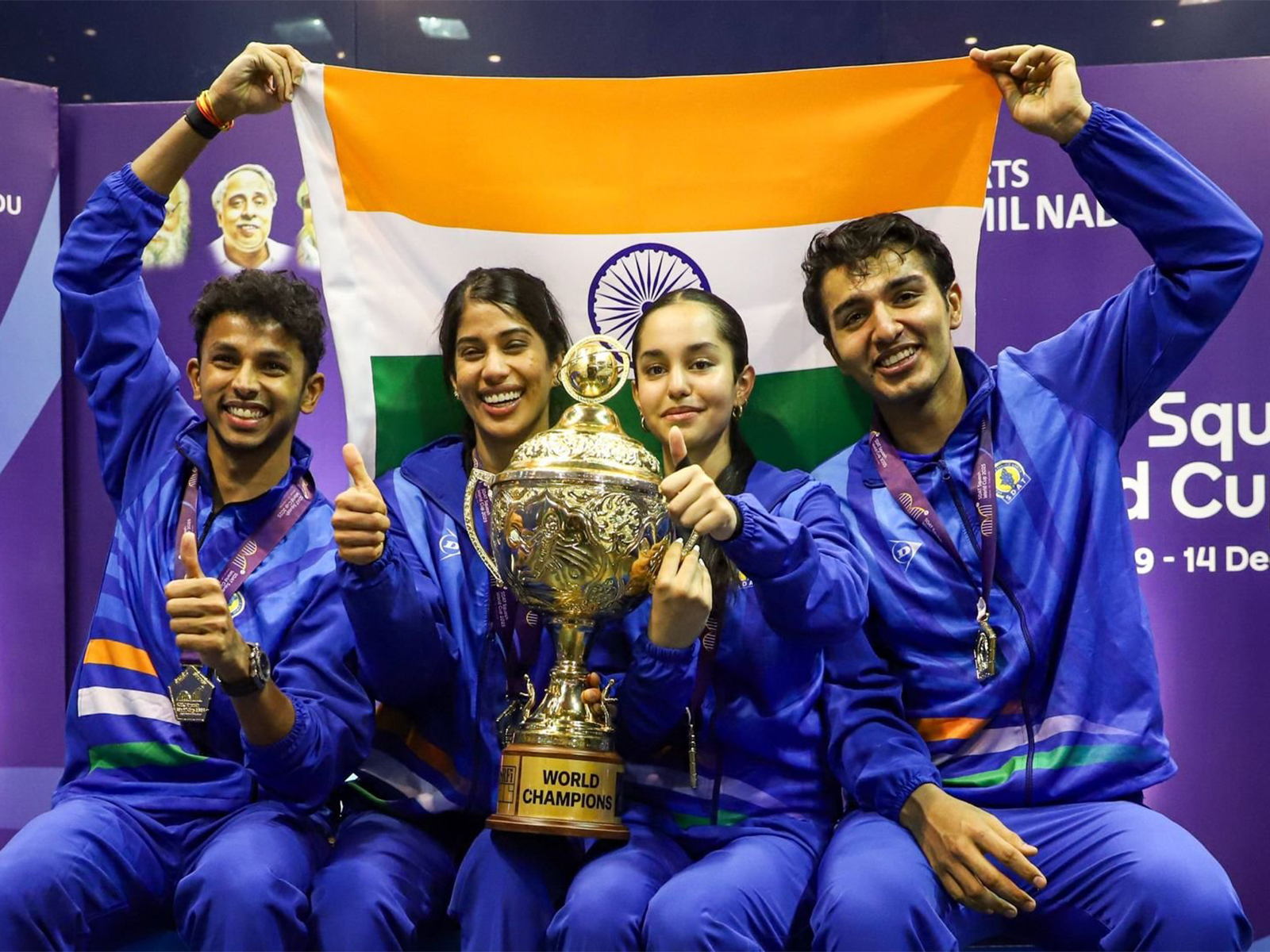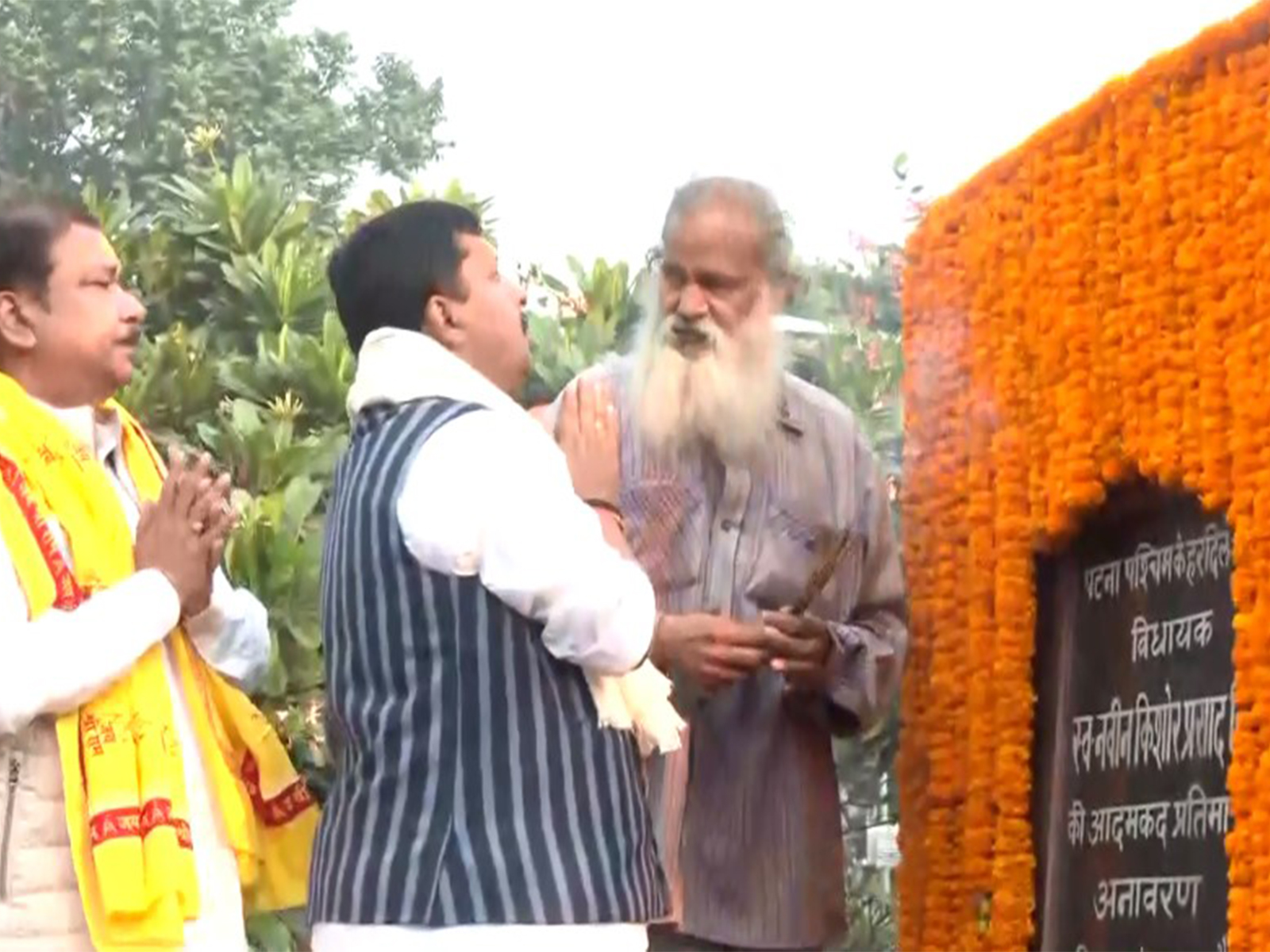2-day IIM Rohtak-Tajik University conference brainstorms Afghanistan, regional security
Mar 06, 2022

Dushanbe [Tajikistan], March 6 : Indian Institute of Management Rohtak hosted a two-day international conference in Dushanbe, Tajikistan with a focus on Afghanistan and regional security, with a number of geopolitical experts from all Central Asian nations, including India and Pakistan, taking part in the deliberations.
In collaboration with Tajik National University, the conference, which was held on March 4 and 5, held discussions on finding innovative methods for engagement in conflict situations and attaining peace and harmony in the Central and South Asia regions through non-standard methods.
The topic of the conference was "Framework of Engagement: Afghanistan in Focus of Central and South Asian Nations".
Day one of the international conference concluded with the keynote speeches of some eminent speakers, including President of Tajikistan Emomali Rahmon, Rajya Sabha MP and Chairman of Essel Group, Dr Subhash Chandra and MP and former Union Minister of State for External Affairs Minister MJ Akbar.
Dr Subhash Chandra talked about how radicalization begins and how philosophical and psychological conditioning of the young mind takes place. The Chairman of the Essel Group also explained how radicalization is a step towards converting youth to take up arms and engage in violence. Dr. Chandra said that the speech of the President of Tajikistan reminded him of Indian PM Narendra Modi.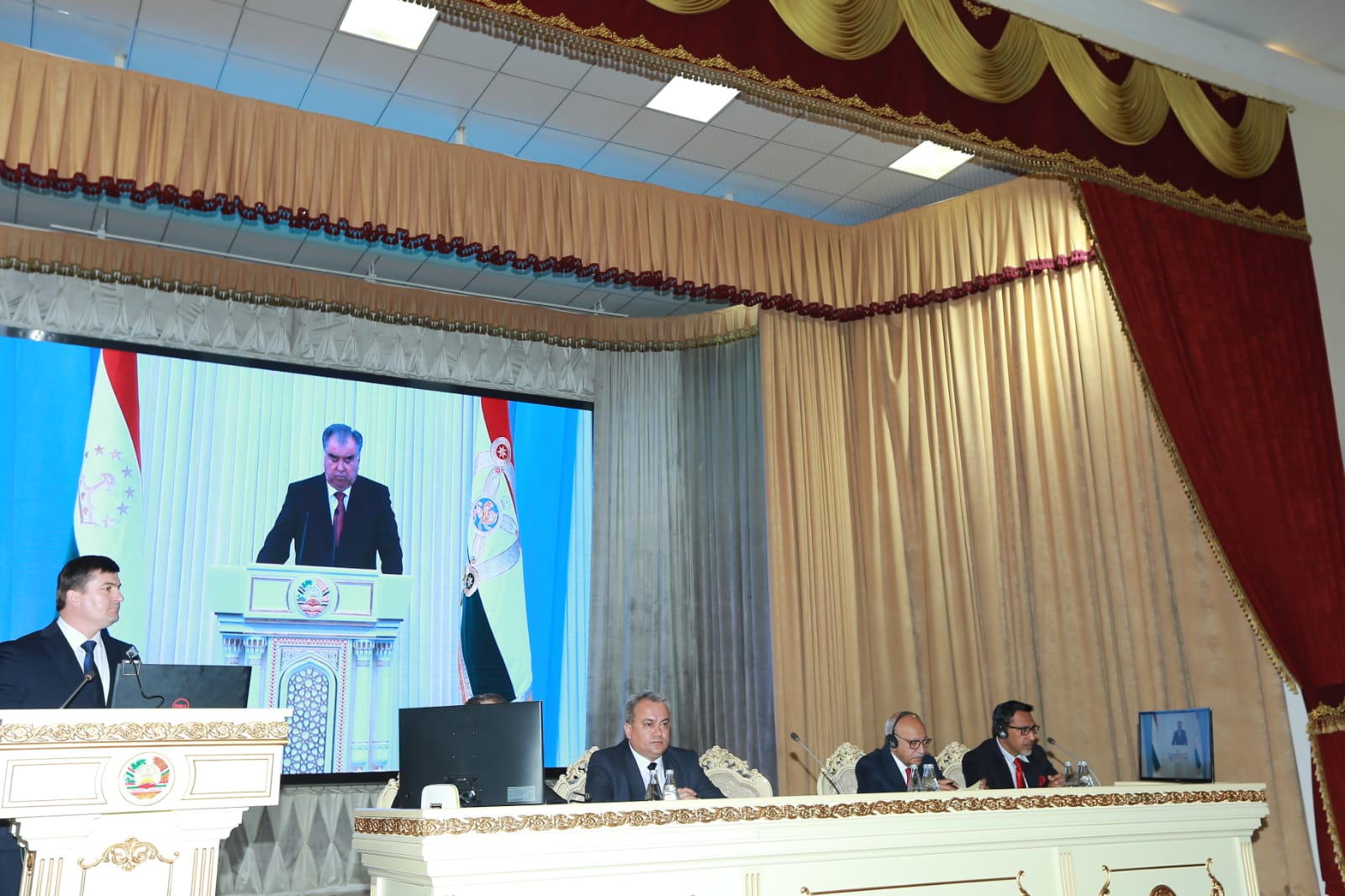
Akbar said that the 21st century has really begun now. "The current global situation is the first major challenge to the world order post Second World War. At the current time, the world needs to engage in much more dialogue. We must have more cooperation among countries across the globe than ever before," he said.
The second day of the conference concluded with keynote talks of various speakers, including Pakistan's Senator Mushahid Hussain.
In his address, the Senator said that the past mistakes in the context of Afghanistan should not be repeated.
"No proxy war should be fought on Afghan soil by the foreign countries. The solution for the stability of Afghanistan is regional and not to be determined by the West. Further, we must realize that economic development, tackling unemployment and inclusive growth is the antidote for radicalization and this needs to be implemented in Afghanistan," he said.
Other speakers also raised concern about the Afghan problem and its direct impact on Central Asian nations.
Professor Saidov Saidovich, Professor of the Department of International Relations and Diplomacy of the Russian-Tajik (Slavonic) University, said that drug trafficking is a major reason for destabilizing Afghanistan.
Remembering former Foreign Minister Sushma Swaraj, he reminded that when she visited Central Asia, she had promised a greater Indian role in Central Asia.
"Thus, future joint Indian and Central Asian efforts must be on the Panchsheel principles," he said.
Former Ambassador of Uzbekistan to India, Surat Mirkasymov appreciated India's foreign policy of peacefully and constructively engaging with its neighbouring countries. He said in Hindi, "Jahan Shanti Wahan Pragati (where there is peace, there is progress)".
